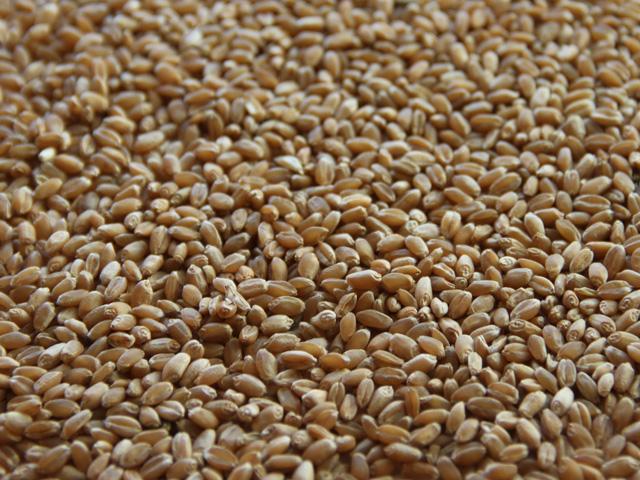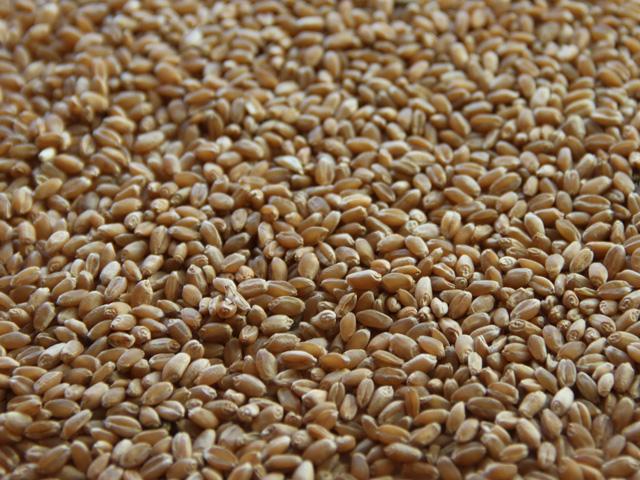Canada Markets
Western Wheat Producers' Voices Heard
The ink had not dried on the Canadian federal government's cabinet shuffle paperwork on July 26 when the incoming Minister of Agriculture and Agri-Food, Lawrence MacAulay, heard from western agriculture groups in an open letter over pending changes to wheat grading changes planned for Aug. 1, or the beginning of the 2023-24 crop year.
A joint open letter sent by the Wheat Growers Association and the National Farmers Union, stated that "Without your intervention, prairie wheat farmers will soon be faced with an unjust change in grading standards that will have a massive and long-term negative impact on their incomes."
The letter can be found at: https://wheatgrowers.ca/….
Indeed, pending changes by the Canadian Grain Commission for Aug. 1 would see primary and export grade tolerances for total foreign material and test weight aligned for:
-- Canada Western Red Spring (CWRS)
-- Canada Western Hard White Spring (CWHWS)
P[L1] D[0x0] M[300x250] OOP[F] ADUNIT[] T[]
-- Canada Western Extra Strong (CWES)
-- Canada Western Soft White Spring (CWSWS)
-- Canada Northern Hard Red (CWHR)
In addition, the CGC had also proposed to align primary and export tolerances for foreign material tolerances for Canada Western Amber Durum.
The most widely used example used is the test weight for No. 1 CWRS, with the test weight requirement poised to move to the export standard of 63.3 lbs./Avery bushel for producers delivering to primary elevators after Aug. 1, up from the current requirement of 60.1 lbs./bushel.
The argument put forth by producers and farm groups, which also included the Saskatchewan Wheat Development Commission and the Agricultural Producers Association of Saskatchewan, stressed that producers will face both quality downgrades and a lower price, while grain companies have the ability to blend and clean and profit from the revised standards.
In a study conducted by Ward Weisensel for the Saskatchewan Wheat Development Commission, it is concluded that producers may pay for the risk tied to the primary grade/export grade spread in times of a small crop when the system capacity exceeds demand for space/movement. In times of a large crop, basis levels will widen to account for this risk or cost; it is concluded that the producer largely already pays for this cost.
Bent on making these changes, the Canadian Grain Commission ignored calls for an economic analysis to support their proposed move. As stated by Sask Wheat, "The CGC's mandate is to work in the interest of grain producers, and Saskatchewan farmers are left wondering how these changes could proceed without completing the economic analysis that producers have asked for."
Today, producers received the news they were hoping for. The CGC has repealed the grading changes, in response to "stakeholder concerns." See https://www.canada.ca/….
The Wheat Growers Chair, Daryl Fransoo responded, "We're pleased with the fast response to our appeal to Min. MacAulay and the CGC's acknowledgement that this was opposed by the majority of Canadian farmers."
Cliff Jamieson can be reached at cliff.jamieson@dtn.com
Follow him on Twitter @Cliff Jamieson
(c) Copyright 2023 DTN, LLC. All rights reserved.






Comments
To comment, please Log In or Join our Community .